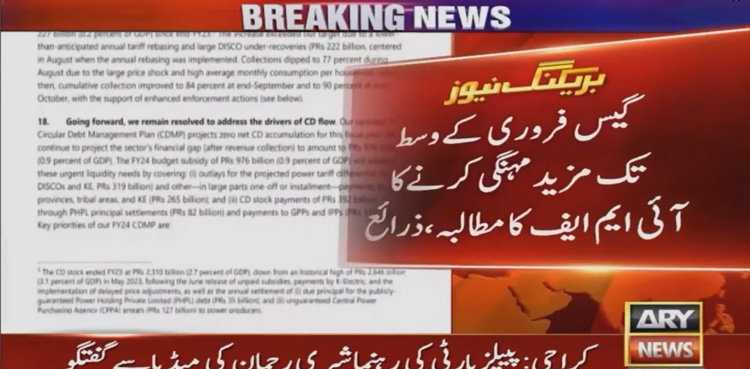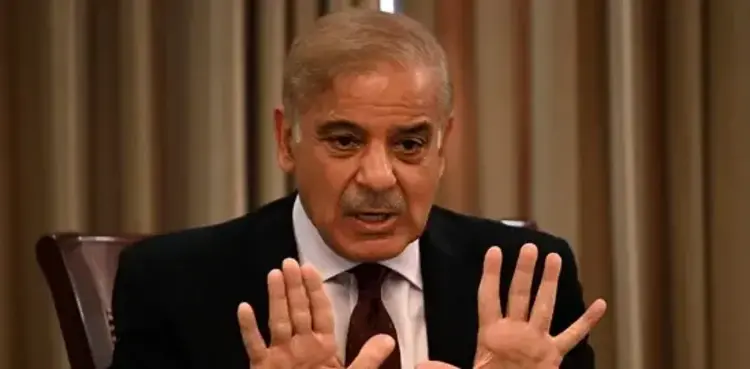- Joined
- Sep 11, 2023
- Runs
- 23,894
Even though Pakistan has lots of natural resources, since 2018, we've been dealing with a serious lack of gas at home. As a person living in Pakistan, I'm facing problems like cooking and staying warm in cold weather due to this shortage. Electricity costs a lot, making it hard for common people to afford. On colder days, there's even less gas available. I'm confused about why the government isn't focusing on the well-being of everyday people.
If you are a resident of Pakistan, are you also facing these problems?
If you are a resident of Pakistan, are you also facing these problems?
Last edited:




























